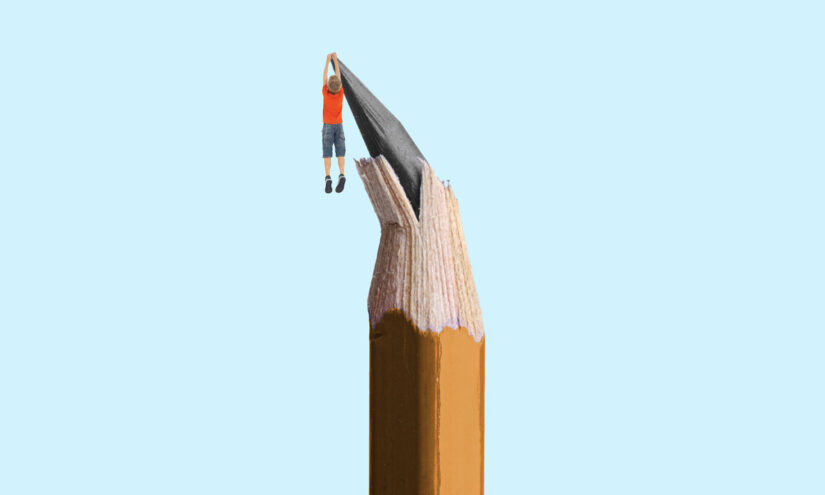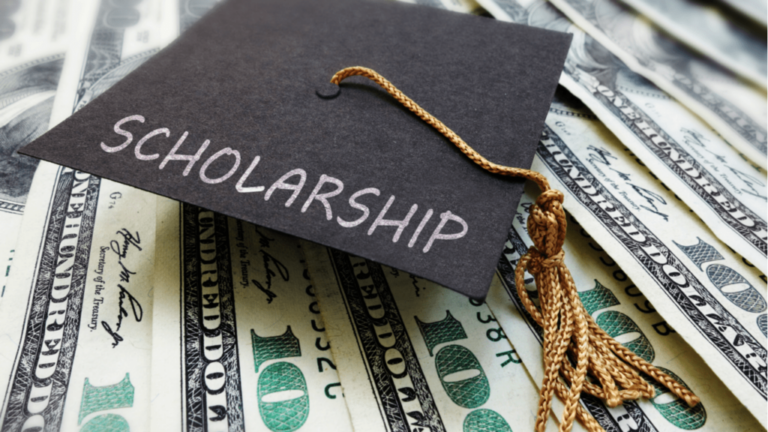The traditional education system, one that has been in place for centuries, is facing increasing scrutiny. With rigid curriculums, outdated teaching methods, and one-size-fits-all approaches, it’s becoming clear that many students are falling through the cracks. But there’s hope. A new revolution in education is on the rise, and it promises to change everything.
The Current Problems with the Education System
The first major flaw in the traditional education system is its lack of personalization. Every student is different, with unique learning styles, strengths, and weaknesses, but the system forces them into a standardized mold. As a result, many students struggle to keep up, while others are left bored and disengaged.
Additionally, the outdated curriculum focuses heavily on memorization and standardized testing, rather than critical thinking, creativity, and problem-solving—skills that are far more relevant in today’s rapidly changing world. Schools also struggle with a lack of real-world preparation, often leaving students unprepared for careers that demand practical skills over textbook knowledge.
The Revolution: Personalized and Project-Based Learning
One of the most exciting aspects of the new revolution in education is personalized learning. Advances in technology, particularly AI and machine learning, are enabling educators to tailor lessons to individual students’ needs. With learning platforms like Khan Academy and Duolingo, students can learn at their own pace, revisiting concepts they find difficult and progressing faster through areas they grasp more easily. This individualized approach allows students to focus on what they truly need to learn, rather than following a one-size-fits-all model.
Moreover, project-based learning (PBL) is gaining traction. PBL shifts the focus from traditional testing to hands-on, real-world projects that require students to apply knowledge to solve complex problems. It encourages critical thinking, collaboration, and creativity—skills that are crucial for the modern workforce. Students might design a sustainable city model, conduct scientific experiments, or work on a community service project, all while learning key concepts along the way.
The Role of Technology in Education
The digital age has opened up exciting possibilities for education. Online learning platforms like Coursera, edX, and Udemy offer courses from top universities and institutions worldwide, making quality education more accessible. These platforms allow students to learn at their own pace, often at a fraction of the cost of traditional university courses.
Virtual and augmented reality (VR and AR) are also making their way into the classroom. With VR, students can take virtual field trips to the pyramids of Egypt, explore the human circulatory system, or even participate in a historical event. AR can overlay digital content onto the real world, helping students interact with complex topics like chemistry or physics in a more hands-on and engaging way.
Self-Directed Learning: A Lifelong Journey
Another key aspect of the revolution is self-directed learning. Gone are the days when students were entirely dependent on teachers and textbooks. With access to a wealth of information online, students can now take charge of their own education. Platforms like YouTube, Reddit, and Stack Exchange offer a vast repository of free resources, where students can learn from experts, participate in discussions, and even ask questions in real-time.
This shift toward lifelong learning is crucial in a rapidly changing world. The future workforce will require individuals who can adapt, learn new skills, and stay current with emerging technologies. Encouraging students to take responsibility for their education from an early age will empower them to thrive in an unpredictable world.
The Future of Education
The future of education looks brighter than ever. Personalized learning, project-based education, and the integration of cutting-edge technology are transforming the way students learn. These changes promise to create a more inclusive, engaging, and effective educational experience that prepares students for success in the 21st century.
The revolution has already begun, and those who embrace these changes will be at the forefront of a more innovative, student-centered education system. While the current system is far from perfect, these emerging trends offer hope that the next generation of learners will have the tools and opportunities they need to succeed.









